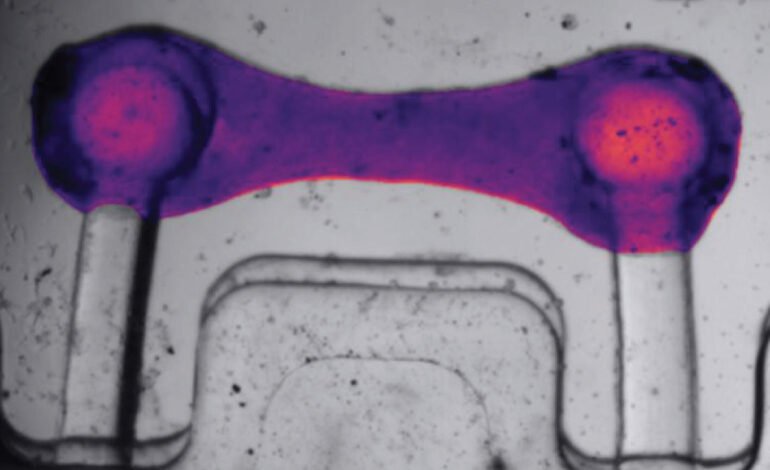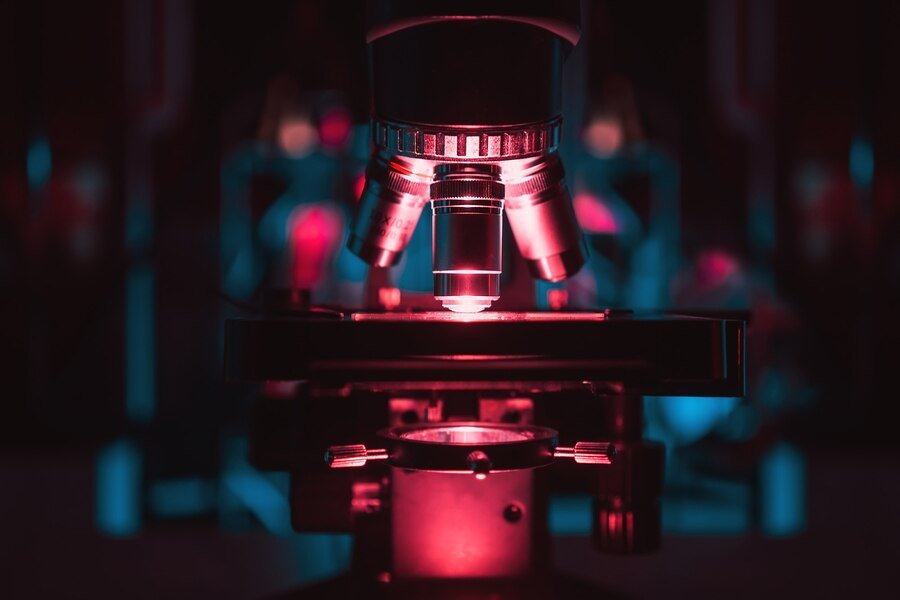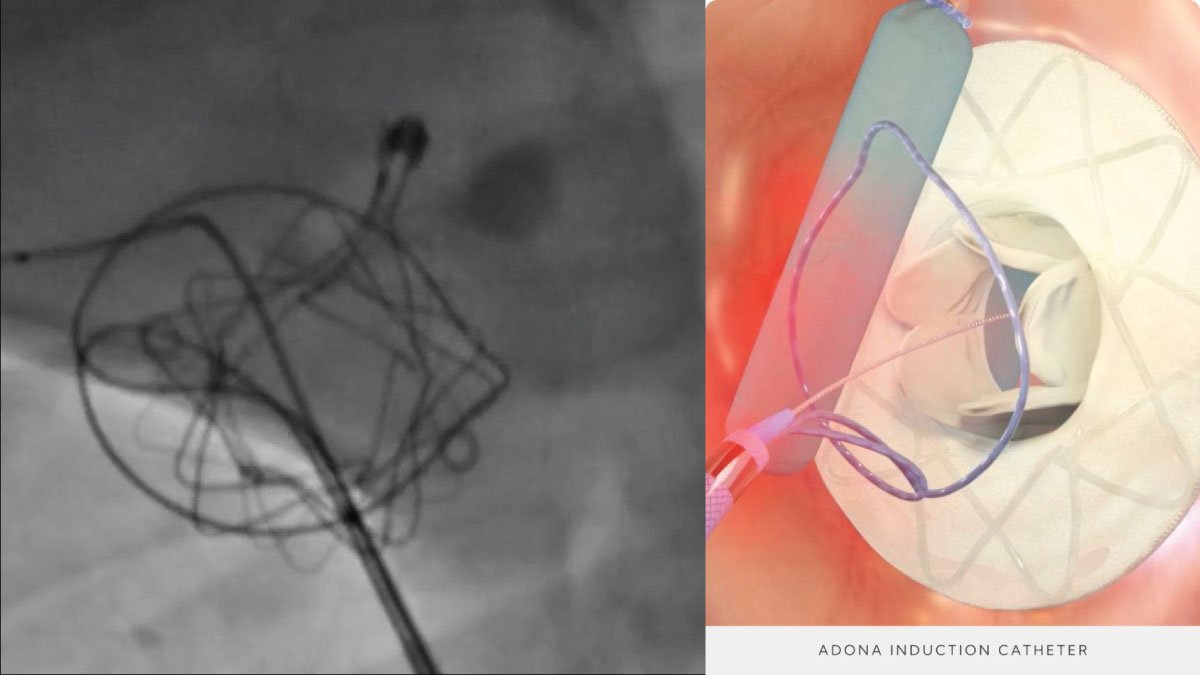AI Heart Function Tool Developed by Columbia Engineers Revolutionizes Cardiac Care

Columbia University’s team of biomedical engineers has harnessed the power of artificial intelligence (AI) to create a revolutionary device that greatly improves the examination and diagnosis of heart function. This AI Heart Function Tool promises to revolutionize the field of cardiac care, offering more precise evaluations and paving the way for new applications of medical devices.
The AI Heart Function Tool: A Paradigm Shift in Heart Research
Columbia’s engineers have led the way in creating an AI heart function device that is changing the landscape of heart research. By incorporating cutting-edge AI algorithms, this device provides unparalleled accuracy in assessing heart function, which is essential for identifying various heart conditions. This innovation not only boosts the accuracy of heart evaluations but also speeds up the process, making it an indispensable tool in both clinical and research environments.
Benefits of the AI Heart Function Tool
The AI heart function device is distinguished by its capacity to handle vast amounts of data quickly, delivering instant insights into heart health. This feature is especially advantageous for spotting minor irregularities that might be overlooked by conventional methods. Furthermore, the device’s AI-based system minimizes human mistakes, ensuring diagnoses are more dependable. The incorporation of machine learning allows the device to continually enhance, adapting to new data and refining its analytical skills over time.
Applications in Medical Devices
The creation of the AI heart function device has significant implications for the field of medical devices. It can be seamlessly integrated into existing cardiac monitoring systems, augmenting their diagnostic abilities. For example, cardiac monitoring devices equipped with this AI technology could offer continuous monitoring of heart function, facilitating early detection of potential problems. This would be particularly beneficial for individuals with chronic heart conditions, enabling prompt interventions and reducing the likelihood of serious complications.
Future Prospects for AI and Cardiac Care
Looking forward, the AI heart function device is expected to play a crucial role in the advancement of cardiac care. As AI technology progresses, we anticipate the development of more sophisticated tools that provide deeper insights into heart health. Future advancements may include AI-driven predictive models that can identify potential heart issues before they occur, allowing for preventive actions to be taken. Moreover, the integration of AI into telemedicine platforms could expand access to advanced cardiac care, particularly in remote or underserved regions.
Conclusion
The AI heart function device developed by Columbia University’s biomedical engineers represents a major breakthrough in the field of cardiac research and care. With its potential to improve diagnostic accuracy and integrate into medical devices, this device has the power to transform the way we approach heart health. As AI technology continues to evolve, the future of cardiac care looks bright, with new innovations on the horizon that will further enhance patient outcomes and increase access to life-saving treatments.




















